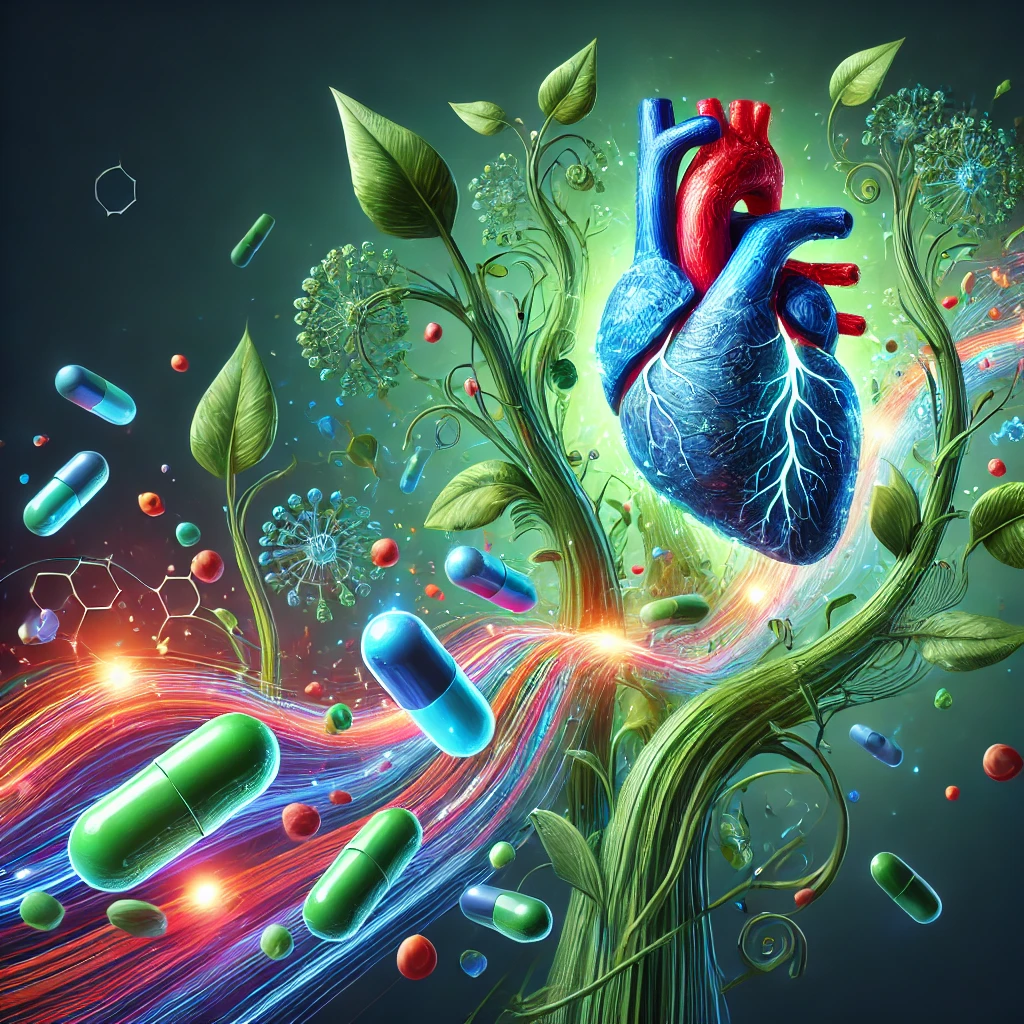DOI: https://doi.org/10.1111/1750-3841.13752
Xing Lin Ho1,2, Wai Mun Loke1,2
1Centre for Functional Foods & Human Nutrition, School of Chemical & Life Sciences, Nanyang Polytechnic, 180 Ang Mo Kio Ave 8, Singapore, 569830, Singapore. 2Food Science & Nutrition Group, School of Chemical & Life Sciences, Nanyang Polytechnic, 180 Ang Mo Kio Ave 8, Singapore, 569830, Singapore.
Abstract
A randomized, double-blinded, placebo-controlled and crossover study was conducted to simultaneously measure the effects, 3 h after consumption and after 4-wk daily exposure to plant sterols-enriched food product, on in vivo nitrite and nitrate production in healthy adults. Eighteen healthy participants (67% female, 35.3 [mean] ± 9.5 [SD] years, mean body mass index 22.8 kg/m2) received 2 soy milk (20 g) treatments daily: placebo and one containing 2.0 g free plant sterols equivalent of their palmityl esters (β-sitosterol, 55%; campesterol, 29%; and stigmasterol, 23%). Nitrite and nitrate concentrations were measured in the blood plasma and urine, using stable isotope-labeled gas chromatography-mass spectrometry. L-arginine and asymmetric dimethylarginine concentrations in blood serum were measured using commercially available enzyme immunoassays. Nitrite and nitrate concentrations in blood plasma (nitrite 5.83 ± 0.50 vs. 4.52 ± 0.27; nitrate 15.78 ± 0.96 vs. 13.43 ± 0.81 μmol/L) and urine (nitrite 1.12 ± 0.22 vs. 0.92 ± 0.36, nitrate 12.23 ± 1.15 vs. 9.71 ± 2.04 μmol/L) were significantly elevated after 4-wk plant sterols supplementation Placebo and 3-h treatments did not affect the blood plasma and urinary concentrations of nitrite and nitrate. Circulating levels of L-arginine and asymmetric dimethylarginine were unchanged in the placebo and treatment arms. Total plant sterols, β-Sitosterol, campesterol, and stigmasterol concentrations were significantly elevated after 4-wk treatments compared to the placebo and 3-h treatments. Blood plasma nitrite and nitrate concentrations correlated significantly with the plasma total and specific plant sterol concentrations. Our results suggest that dietary plant sterols, in the combination used, can upregulate nitrite, and nitrate production in vivo.
Keywords: L-arginine, nitrate, nitric oxide, nitrite, plant sterols
Practical Application: Plant sterols supplementation in the presence of a food matrix may upregulate the vascular nitric oxide expression, and contribute to vascular health. Specific plant sterols, such as β-sitosterol, campesterol, and stigmasterol exerted differential effects on the vascular nitric oxide production. The incorporation or enrichment of plant sterols mixture or specific plant sterols, like campesterol, into suitable food products, may enhance their vascular health benefits.


